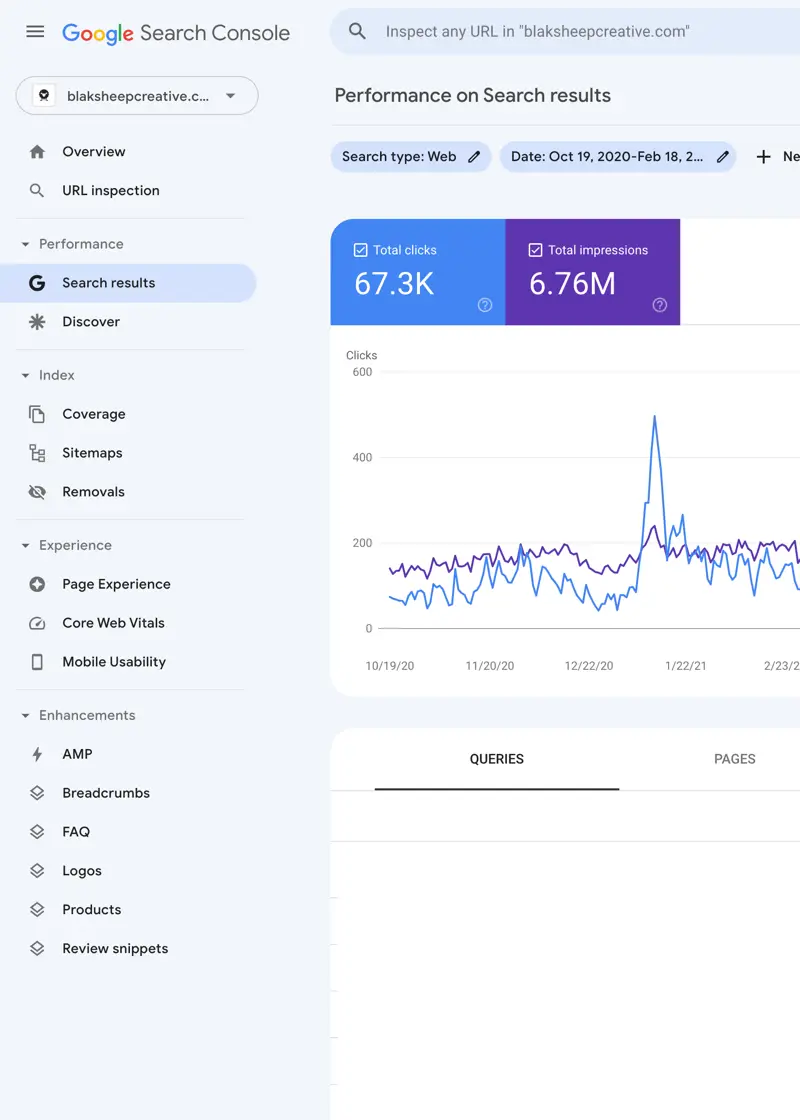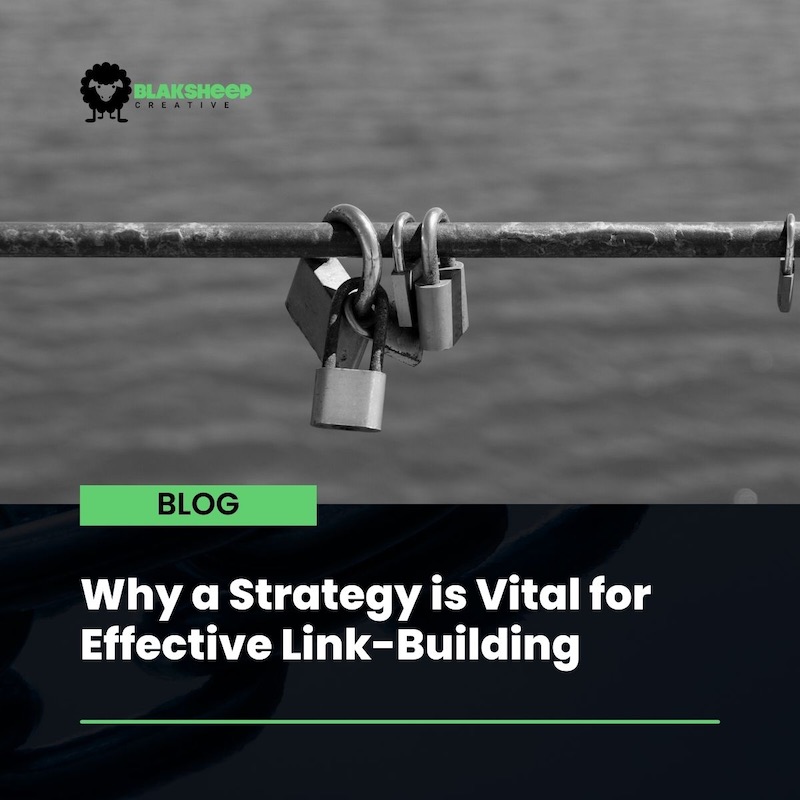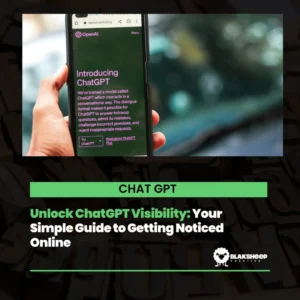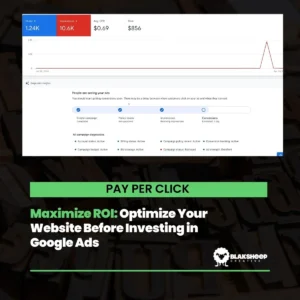“Without a plan, your efforts will be haphazard and ineffective. You need to know what kinds of links you want to build, where to find opportunities, and how to approach potential link partners.”
Clint L. Sanchez – BlakSheep Creative
But what does an effective link-building strategy look like? Here are a few key components
1. Set realistic goals.
Before you start link-building, it’s important to set some goals. What exactly do you want to achieve? More traffic? Better search engine rankings? More brand awareness?
It’s also important to be realistic. Rome wasn’t built in a day, and neither are high-quality links. Be patient and set achievable goals that you can slowly work towards.
2. Research your competition.
One of the best ways to develop link-building ideas is to research your competition. See what kinds of links they’re building and where they’re getting them from.
Of course, you don’t want to copy your competition exactly. But their link-building efforts can give you some good ideas.
3. Find link opportunities.
Once you know what kinds of links you want to build, it’s time to start finding opportunities. There are a few different ways to do this:
- Use Google Search Console to find links to your website that are broken. You can then reach out to the website owner and ask them to fix the link.
- Use a tool like BuzzSumo to find popular content in your niche. You can then reach out to the author and ask them to link to your similar content.
- Use a tool like Moz’s Link Explorer to find websites that link to your competition. You can then reach out to these websites and ask them to link to you as well.
- Use a tool like SEMRush’s brand monitoring tool to find mentions of your brand online. You can then reach out to the author and ask them to link to your website.
Automating these processes can save you valuable time and ensure a more systematic approach to building backlinks. By using backlink prospecting AI software, you can streamline the discovery of link opportunities, identify broken links, and track brand mentions across the web more efficiently. This not only frees up your resources but also enables you to focus on crafting compelling outreach messages and nurturing relationships with potential link partners.
As you build a comprehensive link-building strategy, it’s also essential to address any orphaned pages on your website. These are pages that lack internal links and may be hurting your site’s SEO. Ensuring all valuable pages are linked can improve both visibility and user experience.
4. Build relationships.
Link-building is all about relationships. If you want people to link to your website, you must first build relationships with them. The best way to do this is to provide value.
For example, you could write an article for a website in your niche. Or you could create a helpful infographic that people would want to link to. Whatever you do, make sure it’s something that will be genuinely useful to your target audience.
How’s your site rank? Get a free SEO audit with our online tool.
5. Reach out to potential link partners.
Once you’ve built a relationship with someone, you can reach out and ask for a link. But it’s important to do this in the right way.
First, don’t just ask for a link outright. Instead, try to create a win-win situation. For example, you could offer to write an article for their website in exchange for a link.
Second, make sure you’re only reaching out to relevant websites. There’s no point in trying to get a link from a website that’s not related to your niche. Not only will they be less likely to link to you, but it could also come across as spammy.
Finally, don’t forget to personalize your request. A generic, one-size-fits-all message is more likely to be ignored than a personal one.

6. Monitor your progress.
Once you’ve started building links, monitoring your progress is essential. This will help you see what’s working and what’s not so that you can adjust your strategy accordingly.
There are a few different ways to do this:
- Use Google Analytics to track your website’s traffic. This will help you see if your link-building efforts are having a positive impact on your traffic levels.
- Use a tool like Moz’s Link Explorer to track your link growth over time. This will help you see if you’re slowly gaining more links over time.
- Use a tool like Google Search Console to track your website’s search engine rankings. This will help you see if your link-building efforts positively impact your search engine rankings.
7. Keep at it.
Link-building is an ongoing process, not a one-time thing. So, keep at it even after you’ve started seeing results.
If you stop building links, your traffic and search engine rankings will eventually decline. So make sure you keep up with your link-building efforts even after you’ve seen some success.
Conclusion
Building links is a vital part of any SEO strategy. But it’s also a time-consuming and challenging process.
That’s why it’s crucial to have a solid link-building strategy in place. By following the tips above, you can ensure your link-building efforts are effective and efficient. And that will ultimately help you improve your website’s traffic and search engine rankings.
Are you looking to improve your website’s traffic and search engine rankings?
BlakSheep Creative can help! We offer a range of link-building and SEO services to help you get the links you need to succeed.
Our team of experienced professionals will work with you to develop a custom link-building strategy that fits your needs and budget. We’ll help you get the links you need to improve your website’s visibility online.
For more information, please visit our services page or contact us today. We would be happy to answer any questions you may have.
















































